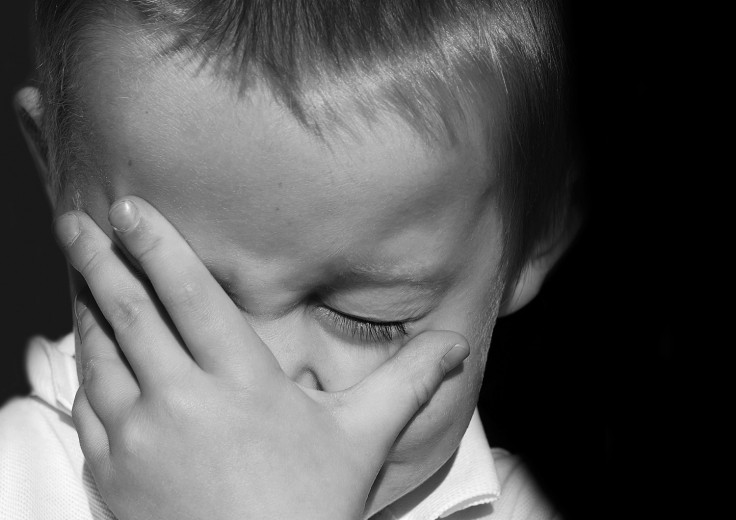
Sarcasm may appear funny to adults, but in children's case, it can seem rude and often elicit anger. Most children cannot easily understand sarcastic remarks, especially those under eight years old. Compared to adults who use lots of gestures, body language, and tone, children understand words literally.
Paul Coughlin, who penned "Parental Sarcasm is No Joke," said parental sarcasm is usually hidden in a place full of undisclosed anger, annoyance, and jealousy. This form of sarcasm only wounds the parents without them knowing, as they will later tell their children they didn't mean to utter the remark. Due to the unequal power, parental sarcasm can become a form of bullying, affecting the parent-child relationship.
Coughlin explained that as parents enjoy their kid's growing and maturing personalities, parents must be careful when saying anything, especially towards the child. A home without humor is impossible, but what the author advocates are the right kind of both humor and sarcasm.
According to KTAR News, children quickly absorb everything, so what they can see is something they're most likely to do in the present and future.
Sarcasm is not funny as it hurts children's feelings
A study entitled "Teaching Sarcasm: Evaluating Metapragmatic Training For Typically Developing Children" determined why sarcasm is difficult for children to understand.
According to "The Conversation," children begin to understand the language, especially sarcasm, until they are five or six years of age. If an adult says "nice going" in a sarcastic way, a child might respond with a positive thanks. In a new study published in "The Canadian Journal of Experimental Psychology," Kate Lee and David Sidhu tested the causal effects of the children's sarcasm on both knowledge and experience. The study has found that many do not understand what sarcasm is, while several can spot sarcasm.
Even though speakers use sarcasm negatively, children would understand it as a positive.
Melanie Glenwright, an associate professor of Psychology at The University of Manitoba in Winnipeg, said parents need to avoid using sarcasm as humor with their children but rather let children know its difference, with humor as many parents use sarcastic comments as a punishment to their children.
According to Fathers, sarcasm is usually sharp and wounding. It also serves as a poison in the family as it already cuts a child's connection to their parents.
How can parents avoid parental sarcasm in the family?
Glenwright added that parents must ensure that humor hidden in a sarcastic remark must be done in a safe environment. Children must be knowledgeable enough when this kind of sarcasm is displayed in the house, considering that parents are the only adult who can teach things to children.
If a child understands what sarcasm is, they will also be able to handle their emotions and not get hurt when they receive any sarcasm remark, parental or not.
According to Today's Parent, the only key for parents to teach sarcasm is to instruct the kids to direct the comment on a certain object and not on the person.
Related Article : Helping Children To Heal From Traumatic Events; Parents Must Assure Kids They Are Safe